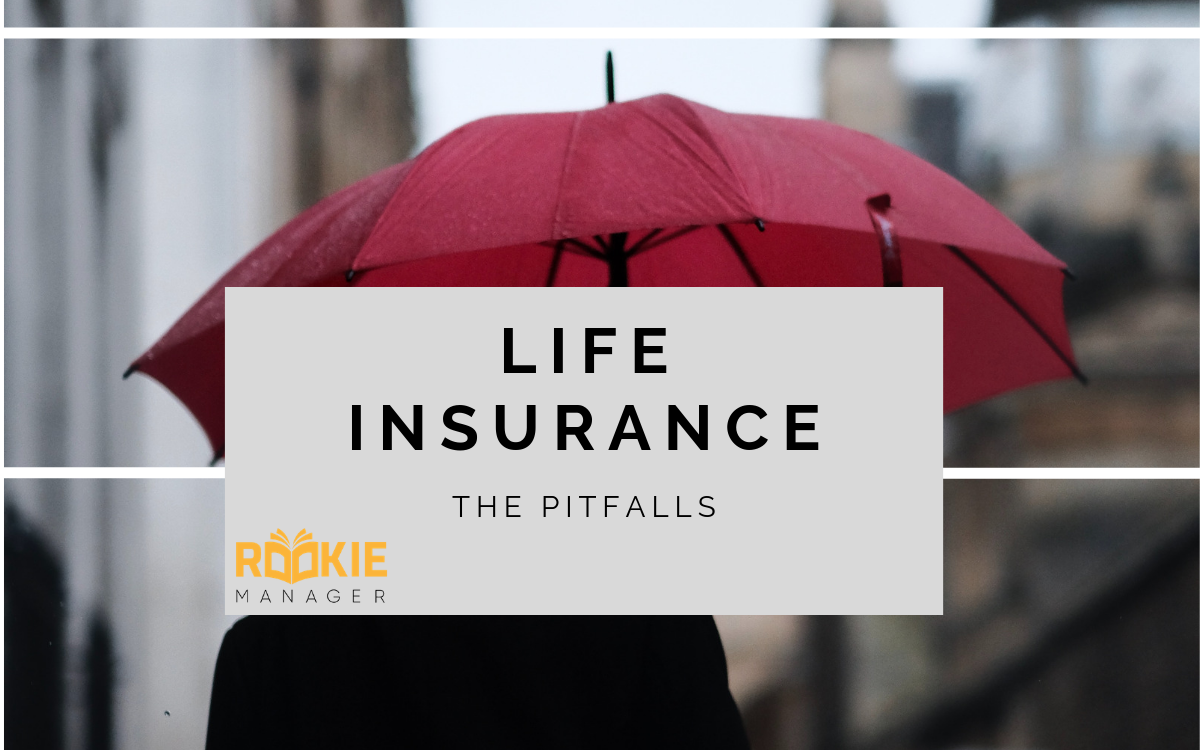Understanding Life Insurance – The Common Pitfalls
In the first part of this series, we looked at the life insurance basics, types of products and why we buy life insurance. In the second post, we look at the common issues customers face when interacting with life insurance companies.
Life insurance has a terrible reputation in our market. Every time I have encountered a discussion about life insurance, it is always filled with disgruntled customers who feel/felt conned by the insurance company. The most common complaints are as follows:
- I stopped paying after a couple of years and got nothing back: This complaint is common for customers who took up a form of endowment life insurance cover. See this cover is almost always sold as an investment and a way to save for your child’s education, with guaranteed money back in the form of bonuses. What many salespeople do not talk about is what happens when for some reason you fail to pay your premiums. Part of the terms of an endowment cover is that you should pay your premiums for the entire length of the cover unless the company waives the premiums for some reason – say in case of a disability. The second provision is what they call a surrender period. Every endowment cover has a minimum period for which you should contribute before your cover gains some value. This is usually between two to three years. If you pay premiums consistenly for this period, then you will get some money if you cancel your cover. If you cancel the cover before this period has elapsed, you do not get any money back.
- I went through a tough time and could not pay my premiums, and the company bailed on me: This is a risk one takes when signing up for an endowment life cover – that you will be able to keep up with the payments at least past the surrender period. Should you have a temporary cashflow problem, I would advice that you act proactively, by notifying the insurance company before the cover lapses. You might be able to negotiate an arrangement where the premiums are deducted from your accumulated value for a period.
- The money I got paid was less than I promised: As I mentioned in this post, some insurance covers have an element of investment embedded into them. These are unit-linked life insurance plans. Like all investments, there is an element of risk, which means that your returns may be lower (or higher) than what is promised at the start. Read the small print of the policy before signing up. Some insurance companies will offer a cover that has inflation protection, meaning it has a minimum guaranteed rate of return to cover you against inflation – but the cost rarely makes sense. Generally speaking, I advise against this kind of insurance plan.
- The returns were too low: Well…this is a problem we have in our market. Insurance products are often sold as investment products. This leads to a lot of disillusionment once the payout comes, and it is not worthwhile, yet the customer has been dedicating a significant chunk of their income to paying the premiums. Until the market matures, we owe it to ourselves to understand that insurance is not an investment, it is a risk-management tool. As such, it should not replace our other investment plans, whether it is for retirement, or for our children’s education.
Must do when buying life insurance
- Always use an agent. An agent is an appointed representative of an insurance company. I usually advise to use agents when buying insurance for two reasons; first, agents act for multiple insurance companies so it is easy to compare and see which company offers more value – an agent also has experience with different companies and may be able to share this. Secondly, an agent will help you follow up on claims should you need to. They have contacts within the company, and get things done faster than you would as an individual. Do not substitute an agent for your own due diligence though – remember, they are paid by insurance companies and so their loyalty is to the company first.
- Disclose material fact when signing up for life insurance. Any undisclosed information could work against you when it is time to make a claim.
- Pay directly to the insurance company (and never through an agent or broker). Once you sign up, set up a direct debit to the insurance company’s account, and never your agent or broker’s. If the company has SMS alerts, sign up for those so that you receive notifications whenever your account is credited.
- Pick your next of kin wisely. This goes without saying. Life insurance is not for you, but for your dependents. Therefore, you want to pick a next of kin who will ensure that the payout benefits your dependents. Also, do not pick one who might kill you for the life insurance payout 🙂 These things happen!
- Get an annual statement of your contribution. Just like your bank and SACCO, this is part of your personal finance assets. Keep track of your contributions to make sure the company is not losing your money.
- Notify the insurance company if you are unable to keep up with the payments. Remember, even if you are past the surrender period, you do not get the value back just because you have stopped paying – the value continues to offset your premiums until you cancel the cover. Notify the insurance company before your cover lapses.
- Remember that insurance is NOT an investment
Photo by Craig Whitehead on Unsplash


